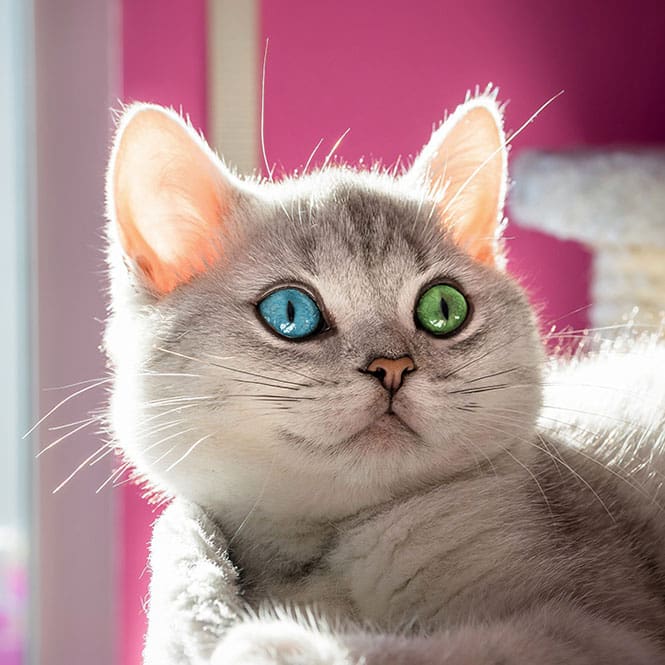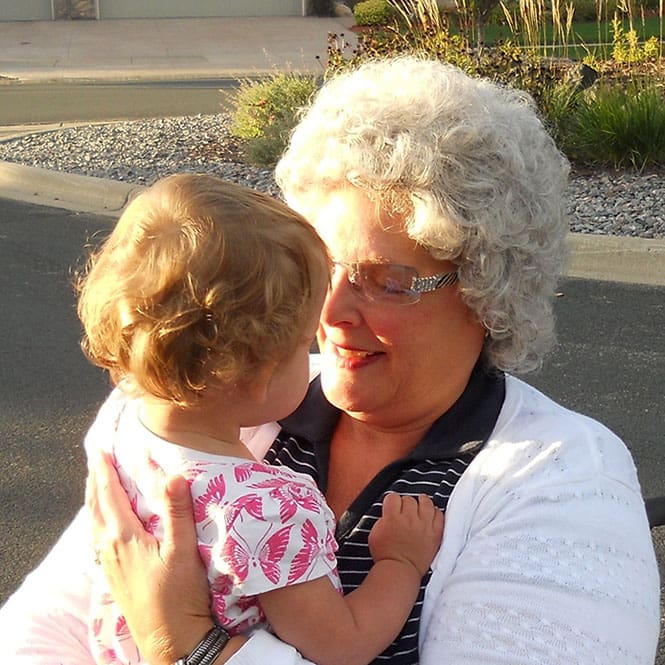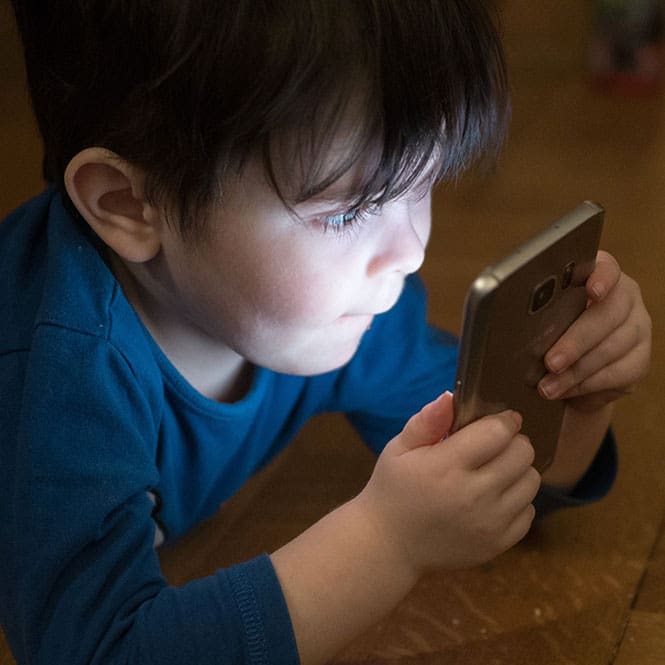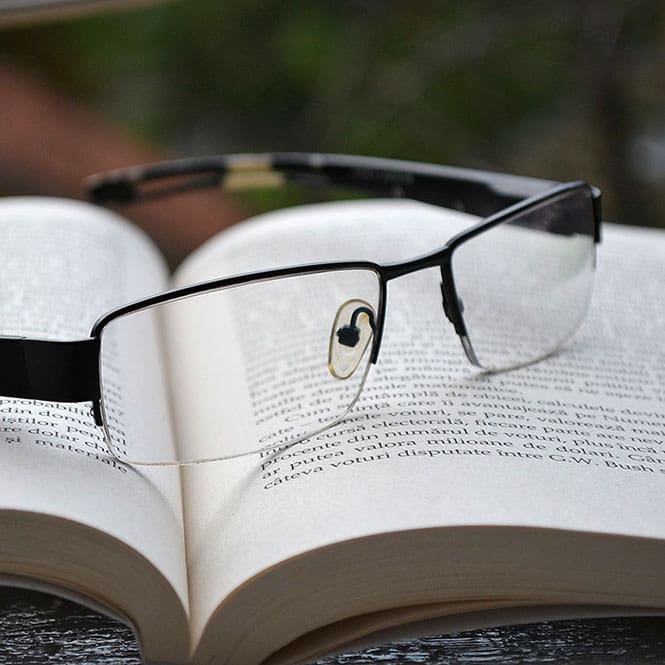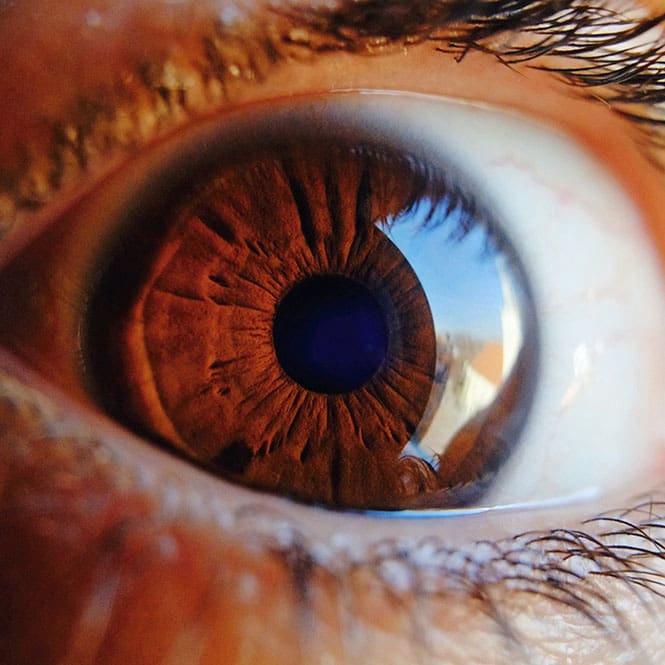Uncategorized
The Many Shades of Color Blindness
Being colorblind can mean a lot of different things, yet only in rare cases does it mean seeing in black and white. The technical term for complete color blindness is monochromacy, and it only affects one person in 33,000. Most people with a form of color blindness can see certain colors, but which ones and…
Read MoreHeterochromia: When Eyes Don’t Match
What’s the first thing you notice about a person when you meet them? Statistically, there’s a good chance it’s their eye color! A striking pair of eyes can really make an impression — and that goes double when they’re two different colors. The scientific term for having different colored eyes is heterochromia, and it affects…
Read MoreWhat to Know About AMD
Age-related macular degeneration (AMD) is a leading cause of irreversible vision loss for people over 50. What is AMD? It’s the gradual loss of central vision as the macula (the part of the retina where photoreceptor cells are most concentrated, giving us our detailed central vision) deteriorates. After a certain point, AMD makes it difficult…
Read MoreIs Blue Light Bad for Our Eyes?
How big of a role does a bright screen play in your nightly routine? Since the advent of handheld devices that could access the internet, a lot of us have been browsing websites late into the night, our eyes glued to a bright little screen, making sure we haven’t missed any updates before we go…
Read MoreReading Glasses, Bifocals, or Progressives?
As we age, the lenses in our eyes gradually lose their flexibility. This process is called presbyopia, and it’s the main reason most seniors need reading glasses for up-close work. For those of us who already need glasses to correct nearsightedness, however, the solution is a little more complex, and there are different options. Would…
Read MoreA Few Tips for Protecting Your Eyesight
Having healthy eyesight is a critical component of maintaining a good quality of life. As many as one sixth of adults struggle with an eye condition that threatens their sight, and far more will experience a certain amount of vision loss as they get older. Some of the leading causes of low vision and blindness…
Read MoreA Quick Glaucoma Crash Course
Human eyes are incredible — and incredibly complicated. The downside is that this means we can experience big problems with our vision health if just one thing goes wrong. One factor that might not seem obvious is the pressure of the fluid in the chambers of the eye. If it rises too much, it can…
Read MoreEyesight and Night Driving
As much as we might want to avoid it, we tend to end up driving at night more often in winter. The days get shorter and the nights get longer, and driving in these winter months can be especially stressful for those of us with weak night vision. What can we do to make sure…
Read MoreKnow the Signs of Child Eye Problems
Healthy eyesight is hugely important to a child’s development and education. As much as 80% of all learning is visual, and it’s estimated that more than half of childhood learning difficulties come from undiagnosed vision problems. What can parents do to ensure their kids don’t have to struggle with the social and educational disadvantages of…
Read MoreHow Getting Older Changes Our Eyes
Aging affects us in all kinds of ways, and that includes our eyesight. In fact, age is the biggest risk factor for a number of chronic eye problems that can threaten our vision, which is why it’s so essential to be informed and stay on the lookout for signs of age-related vision loss. There’s a…
Read More

